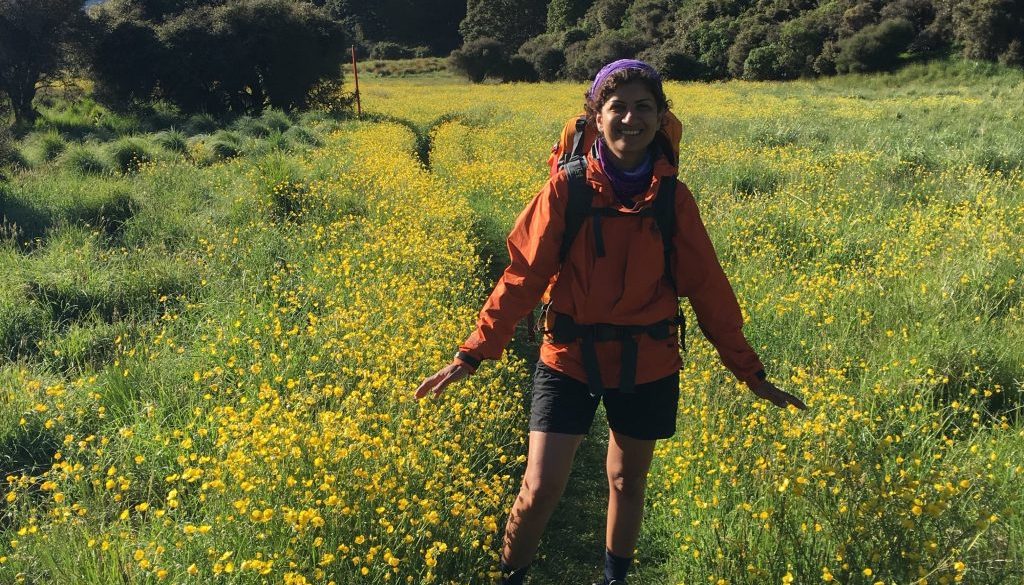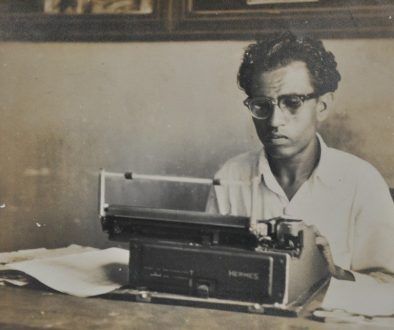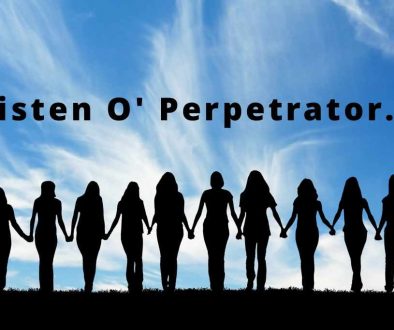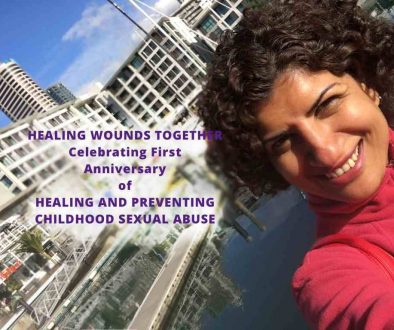Will New Zealand ever feel like Home?
** This article was published on stuff.co.nz. Here is the link**. A longer version is presented below
It’s only my third day in the land of the long white cloud. I am excited as well as nervous. New Zealand promises to be a land of new adventures and explorations. I have visited New Zealand many times before and have fallen in love with its beautiful mountains, flowing rivers and bridges connecting one part of the land to the other.
If you are wondering who I am, my first response would be that I am an Australian, but I know that this response may not be enough because the colour of my skin is brown, and you would still want to know where I am ‘actually’ from. So here it is: I was born and raised in the slums of Karachi, Pakistan and yes, raised as a Muslim, but I have spent more than a decade in Australia so I feel very Australian.
My partner is a Kiwi and, after being in a long-distance relationship for a few years, we have decided to make Christchurch our home. It’s a huge leap of faith for me but I am hoping that my life will be amazing here; his family will love me, and Kiwis will welcome me with open hearts.
We are driving from Auckland (where he has lived for the past 15 years or so) and have stopped over in Wellington for a weekend to meet his son and their family. They have three beautiful daughters who are all aged between 4 and 6 years old. This is my first time meeting them and they immediately accept me (or at least that’s how it feels to me). I think I am pretty good with children too, so very soon the room fills up with laughter and giggles and we start chatting about all sorts of things.
The words “Hokey Pokey” are mentioned, and I look at them in wonder. I am told that every Kiwi has grown up with this ice-cream and unless I taste it, I haven’t fully embraced being a Kiwi.
The conversation moves from ice cream to the local dairy industry to NZ politics and I start to realise that I don’t know much about any of these things. I guess this is to be expected -right? After all, it’s a brand-new country and I can’t just come here and feel at home on my third day.
The children want to play a trivia game and I want to be part of it, but I realise that I can’t answer because most of the questions are very Western or New Zealand based.
The discomfort slowly grows. There is an overpowering sense of “I don’t belong here” and “I am a migrant” which lays heavy on me. I want to shout out “Hey, I know a few things too… Do you guys know about Mirza Ghalib. He was the most famous poets of our times…” But I can’t. Somehow what I know is not relevant in the land that I now want to call my home.
I wonder where ‘home’ is. When I was growing up, my family barely had enough money to take care of our basic needs. I was just fortunate because I was able to study and make a career for myself. I was hardworking; strong and aggressive and these qualities came with their own rewards. I became the first female mechanical engineer in my community; I was the first one to work in multi-national firms within my local area. You could probably imagine that I was a misfit because I was doing things that no one else did in the circle of my life. I didn’t care and ultimately became the first female in my community to move away from Pakistan and settle in Singapore on my own.
In the beginning, I had a choice: A choice to hang out with fellow Pakistanis and continue to create a little Pakistan wherever I went, or to embrace the culture where I lived. I chose the latter.
My past 19 years have been filled with me trying to integrate myself in the West and make it home wherever I have been; first in Singapore, then in Sydney, in Melbourne and now in Christchurch where I have arrived about a month ago.
A lot of the time I feel like a fish out of water. I haven’t grown up with Western music, I still don’t understand Western humour, I don’t have much background knowledge of Western history or culture.
My friends call me inquisitive because I’m always asking, “what does this mean?”. Most of the time I am just catching up because no matter how much I learn, there is always more to know. Learning to swim as an adult was very hard and it freaked me out. But to overcome my fear, I signed up for a triathlon. I hired a private coach who could teach me to swim properly and even though I can swim now, part of me is still uncomfortable when I am in the deep water.
Many of the westerners don’t understand it. They say things like “It’s just water”. They don’t know what it’s like to not grow up playing around in the water.
I remember having a meal in Singapore where I was offered a glass of red wine. When I told my fellow westerners that I didn’t drink and that one can’t find alcohol easily in Pakistan, they were shocked. Such was the level of their ignorance.
When I say to my fellow Westerners that I love rain and I am not a fan of the Sun, they look at me like I am a lunatic. The idea of liking the rain is very foreign to many westerners. Often, I have to explain to them that it rained only once or twice a year in Karachi and that rain brought relief from the heat and was always a festive occasion for us. We sang songs in the rain; cooked special food and roamed the streets soaking ourselves in the waters from the heavens…
I don’t dance in the rain, but I do go out and hang out in the sun with my fellow westerners.
There is a cost associated with this integration. I now have very little common with my own fellow Pakistanis. I no longer do the things, many Pakistanis do. When I go back to Pakistan, I meet my relatives and beyond “How are you?”, I don’t have a lot to say. Their world has become so different to mine that Pakistan no longer feels home for me.
And, I was okay with that because, in some ways, this western land feels home. When I am with my fellow westerners, I don’t see my colour and I feel I am just like them. I forget that I am from Pakistan; I forget that I was born Muslim.
Things were more or less OK until Friday the 15th March when the Al-Noor mosque gunman changed all that. That day, the sense of being separate became really heavy for me. Prime Minister Jacinda Arden assures me that this is my home even though I am a migrant, but I feel cheated. What is it that makes me a migrant? Is it my colour? Because frankly speaking, no one knows if I am a migrant unless they ask me but during the past week, all the victims of the massacre were lumped into the “migrant” or refugee category. Maybe some of them were born in New Zealand, or maybe they have been there for decades and feel home but remain a “migrant” nonetheless.
And then, all white kiwis are migrants themselves, aren’t they? After all, our ancestors have all come from elsewhere… and it hasn’t been long since the white kiwis have started calling New Zealand their home.
Years ago, when I was working in Singapore, my whole team was full of expats. Some from Denmark; some local Singaporeans, and some from other countries. In that environment, there was no majority, and everyone had to open themselves to learning about the traditions of the others. Everyone had to ‘integrate’ themselves within this subgroup because no one felt that it was their right to impose their tradition on the group.
Wouldn’t it be nice if native Kiwis sang songs with me in the rain even though it’s not their tradition? Because they no longer consider me an outsider and hence, my traditions are as important as theirs…
Wouldn’t it be nice if no one was labelled a ‘migrant’? And, we became humbler about the land, we live on rather than calling it ‘our’ land? After all, we have borrowed it from the people who have come before us… The land owns us and it embraces us without separating our physical form.
Maybe it’s time that we called everyone who lives here ‘people of the land of the long white cloud’… and stop at that.



